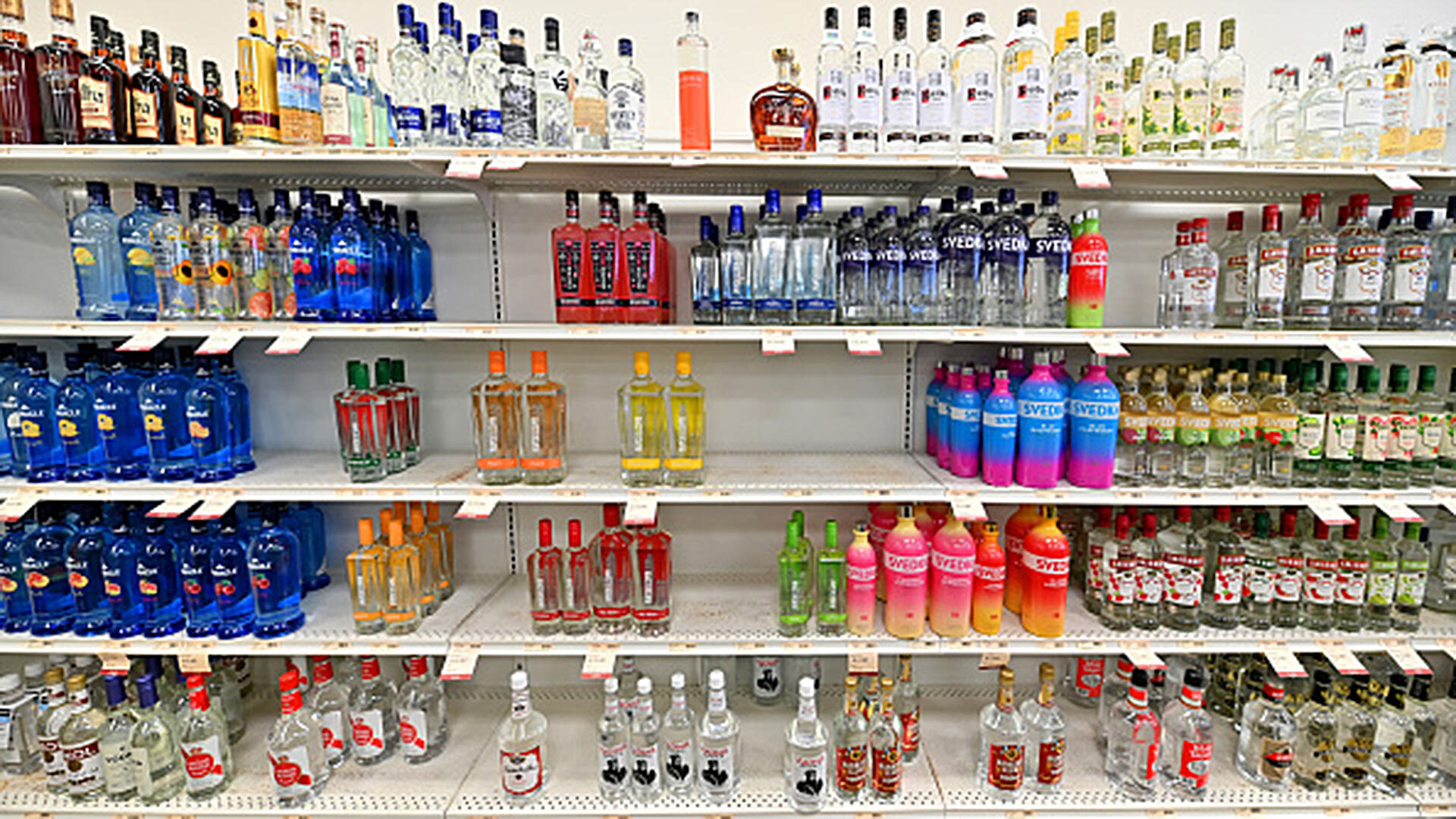Amna Kirmani Directory Page

Amna Kirmani
Area Chair, Marketing
Dean’s Chair of Marketing
Ralph J. Tyser Professor of Marketing
Ph.D. Marketing, Stanford University
Amna Kirmani is the Ralph J. Tyser Professor of Marketing at the Robert H. Smith School of Business at the University of Maryland. Her research interests include morality, persuasion knowledge, online communication, and branding. Her work has been published in several journals, including the Journal of Consumer Research, Journal of Marketing Research, Journal of Marketing, and Journal of Consumer Psychology. Her papers have won the Paul Green Award in the Journal of Marketing Research, the Maynard Award in the Journal of Marketing, and the Best Paper Award in the Journal of Advertising. She has served as Co-Editor of the Journal of Consumer Research and Editor-in-Chief of the Journal of Consumer Psychology.
Selected Publications
Wang, Yajin, Amna Kirmani, and Xiaolin Li (2021), “Not Too Far to Help: Residential Mobility, Global Identity and Donations to Distant Others,” the Journal of Consumer Research, 47 (6), 878-889.
Campbell, Margaret C., J. Jeffrey Inman, Amna Kirmani and Linda L. Price (2020), “In Times of Trouble: A Framework for Understanding Consumers’ Response to Threats,” Journal of Consumer Research, 47 (3), 311-326.
Kirmani, A., Rebecca Hamilton, Debora Thompson, and Shannon Lantzy (2017), “Doing Well vs. Doing Good: The Differential Effect of Underdog Positioning on Moral and Competent Service Providers,” Journal of Marketing, 81 (2), 103-117.
Chen, Yu-jen and Amna Kirmani (2015), “Posting Strategically: The Consumer as an Online Media Planner,” Journal of Consumer Psychology, 25 (4) 609-621.
Ferraro, Rosie, Amna Kirmani and Ted Matherly (2013), “Look at Me! Look at Me! Conspicuous Brand Usage, Self-Brand Connection, and Dilution,” Journal of Marketing Research, 50 (4), 477-488.
Koukova, Nevena, P. K. Kannan, and Amna Kirmani (2012), “Multi-Format Digital Products: How Design Attributes Interact with Usage Situations to Determine Choice,” Journal of Marketing Research, 49 (1), 100-114.
(Won 2012 Article of the Year Award from the American Marketing Association TechSIG)
Kirmani, Amna (2009), “The Self and the Brand,” Journal of Consumer Psychology, 19 (3). 271-275.
Kirmani, Amna and Juliet Zhu (2007), "Vigilant Against Manipulation: The Effects of Regulatory Focus on the Use of Persuasion Knowledge," Journal of Marketing Research, XLIV (November).
Kirmani, Amna and Meg Campbell (2004), "Goal Seeker and Persuasion Sentry: How Consumer Targets Respond to Interpersonal Marketing Persuasion," Journal of Consumer Research, 31 (3).20
Dillon, William R., Thomas J. Madden, Amna Kirmani and Soumen Mukherjee (2001), "Understanding What's in a Brand Rating: A Model for Assessing Brand and Attitude Effects and Their Relationship to Brand Equity," Journal of Marketing Research, November.
*Won the Paul Green Award.
Campbell, Margaret and A. Kirmani (2000), "Consumers' Use of Persuasion Knowledge: The Effects of Accessibility and Cognitive Capacity on Perceptions of an Influence Agent," Journal of Consumer Research, 27 (1), 69-83.
Kirmani, Amna and Akshay R. Rao (2000) "No Pain, No Gain: A Critical Review of the Literature on Signaling Unobservable Product Quality," Journal of Marketing, 64 (2), 66-79.
*Won the Maynard Award.
Kirmani, Amna, Sanjay Sood and Sheri Bridges (1999), "The Ownership Effect in Consumer Responses to Brand Line Stretches," Journal of Marketing, 63 (1), 88-101.
Kirmani, Amna and Baba Shiv (1998), "The Effects of Source Congruity on Brand Attitudes and Beliefs: The Moderating Role of Issue-Relevant Elaboration," Journal of Consumer Psychology, 7 (1), 25-47.
Boulding, William and Amna Kirmani (1993), "A Consumer-Side Experimental Examination of Signalling Theory," The Journal of Consumer Research, (20) 1, 111-123.
Kirmani, Amna (1990), "The Effect of Perceived Advertising Costs on Brand Perceptions," The Journal of Consumer Research, 17(September), 160-171.
Kirmani, Amna and Peter Wright (1989), "Money Talks: Perceived Advertising Expense and Expected Product Quality," The Journal of Consumer Research, 16 (December), 344-353.
Honors & Awards
Best Paper, CBSig Conference (2019)
Naresh K. Malhotra Long-term Contribution Award, Review of Marketing Research (2018)
Best Paper, International Journal of Advertising (2015)
Article of the Year, AMA Techsig (2012)
Outstanding Reviewer, Journal of Consumer Research (2012)
Journal of Marketing Research, Paul Green Award, 2002
Journal of Marketing, Maynard Award 2000
Journal of Advertising, Best Paper Award, 1997
News
Research



Insights



Academic Publications
"Lying and Cheating the Company: The Positive and Negative Effects of Corporate Activism on Unethical Consumer Behavior,” published in Journal of Business Ethics
Companies engage in corporate activism, defined as taking a stance on a controversial socio-political issue, such as gun control and banning transgender athletes. We show that taking such a stance can make consumers cheat the company more or less, depending on their political ideology. When the company's stance is incongruent with the consumer's values (compared to no stance information), consumers are more likely to lie to or cheat the company. When the company's stance is congruent, however, cheating decreases. This is relevant to companies, given the increase in consumers' unethical behavior (e.g., writing fake reviews; lying to gain discounts; insurance fraud; shoplifting; and wardrobing).
In Hye Kang, California Polytech-Pomona (Smith School PhD); Amna Kirmani, Smith School